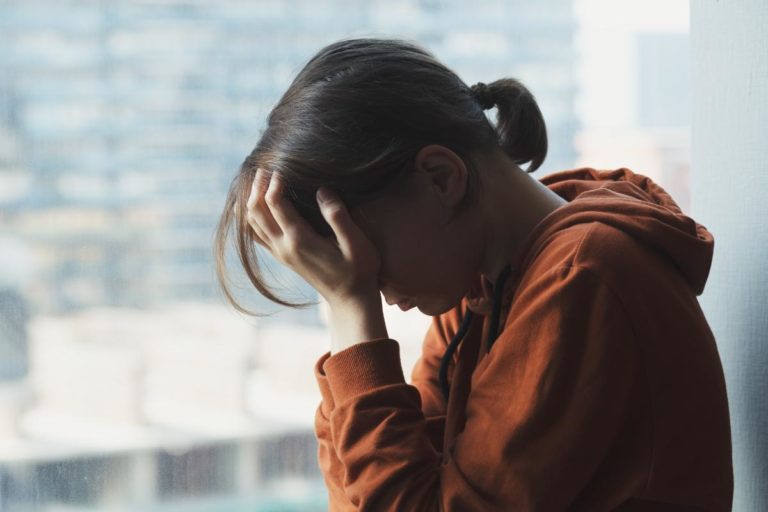Relapses during drug rehabilitation are extremely common. Though a high-quality drug addiction treatment from Liberty Bay Recovery Center can significantly help your results within your recovery journey, it’s important to keep in mind that relapses are simply a part of the process for many.
The journey to recovery from a drug dependency can be long and tumultuous, depending on the nature of your addiction and your personal circumstances. If you or someone you love is currently recovering from drug dependency, it’s important to understand the common causes of relapses and how you can support relapse prevention. If you want to learn more about drug relapse triggers or check out the drug addiction treatment program at Liberty Bay Recovery, call [Direct].
What Causes Drug Relapses?
Recovery from drug addiction looks different for everyone. Some choose to recover in a rehab facility, while others opt to recover at home with the help of family and friends. However, drug relapse triggers can affect anyone’s recovery process no matter their mode of recovery or personal circumstances. Here are some of the most common drug relapse triggers and how to lessen their effects during the recovery process.
Difficult Emotions
Many people who become dependent on substances do so to cope with overwhelming emotions that are often negative and affect their daily lives significantly. The use of drugs or alcohol can often provide a temporary sense of relief from heavy emotions.
Suppose you’re struggling with complicated feelings during your recovery and find yourself wanting to turn to substances to cope. In that case, it’s essential to reframe your view of those feelings as one of opportunity rather than an impending disaster.
Experiencing tough emotions during your recovery provides you with an invaluable chance to work on healthy coping skills. This can include talking it out, meditating, journaling, or praying.
Coming into Contact with the Substance
Being around the substance you’re recovering from, seeing reminders of it, or even seeing people you associate with your addiction can trigger relapses for recovering addicts. Often, this urge stems from a desire to return to what’s familiar or what makes you feel safe. However, the purpose of recovery is to redesign your life to make using drugs unattractive or undesirable. The following programs in our Maine drug rehab can help you turn the corner in your recovery:
- Inpatient Maine detox
- Partial hospitalization
- Intensive outpatient
If you come into contact with the substance you’re avoiding, take a moment to refocus on your goals with recovery and remember why you’re doing it in the first place. Remember the difficulties that your addiction brought you, including any damaged or lost relationships, health issues, or loss of employment. Then, you can recommit yourself to recovery even in the face of temptation or reminders of your previous life.
Stress
Stress is one of the most common drug relapse triggers. Just like difficult emotions can cause people to turn to substances to cope, stress can be an extremely debilitating feeling that leads people to desire the numbness or false sense of peace and happiness of drug and alcohol use.
To cope with your stress while maintaining your recovery, it’s important first to determine the causes of stress in your life. Many people in recovery experience the same stressors as anyone else. These include things like:
- Family responsibilities and relationships
- Personal relationships
- Stressful work environments or deadlines
- Bills
Once you’ve determined your stressors, it’s important to remove what you can and work on what you can’t. For example, if you can’t shirk your familial responsibilities and you need to pay your bills, you can improve your relationships with family members, friends, and employers using open communication. Incorporating mindfulness practices like journaling and meditation can also help with stress levels.
Relapse Prevention: Find a ME Rehab
The most powerful relapse prevention tactic is a personalized recovery treatment program designed for your specific lifestyle and needs. Call Liberty Bay Recovery Center at [Direct] to get started today.



